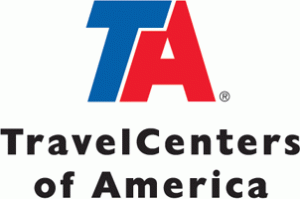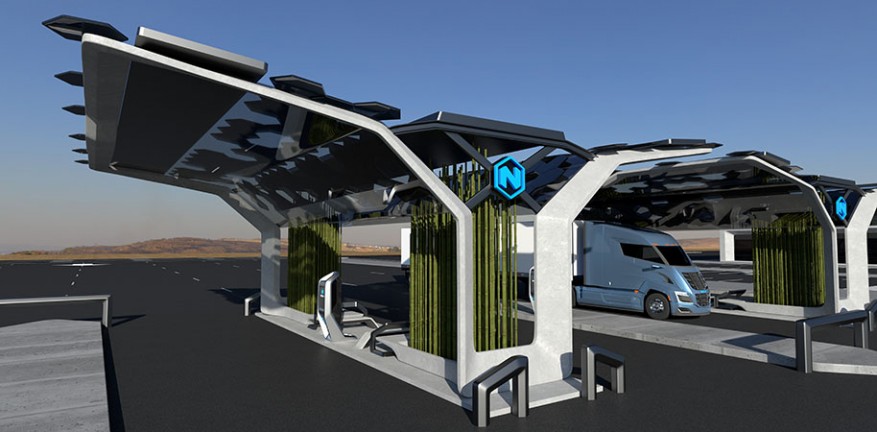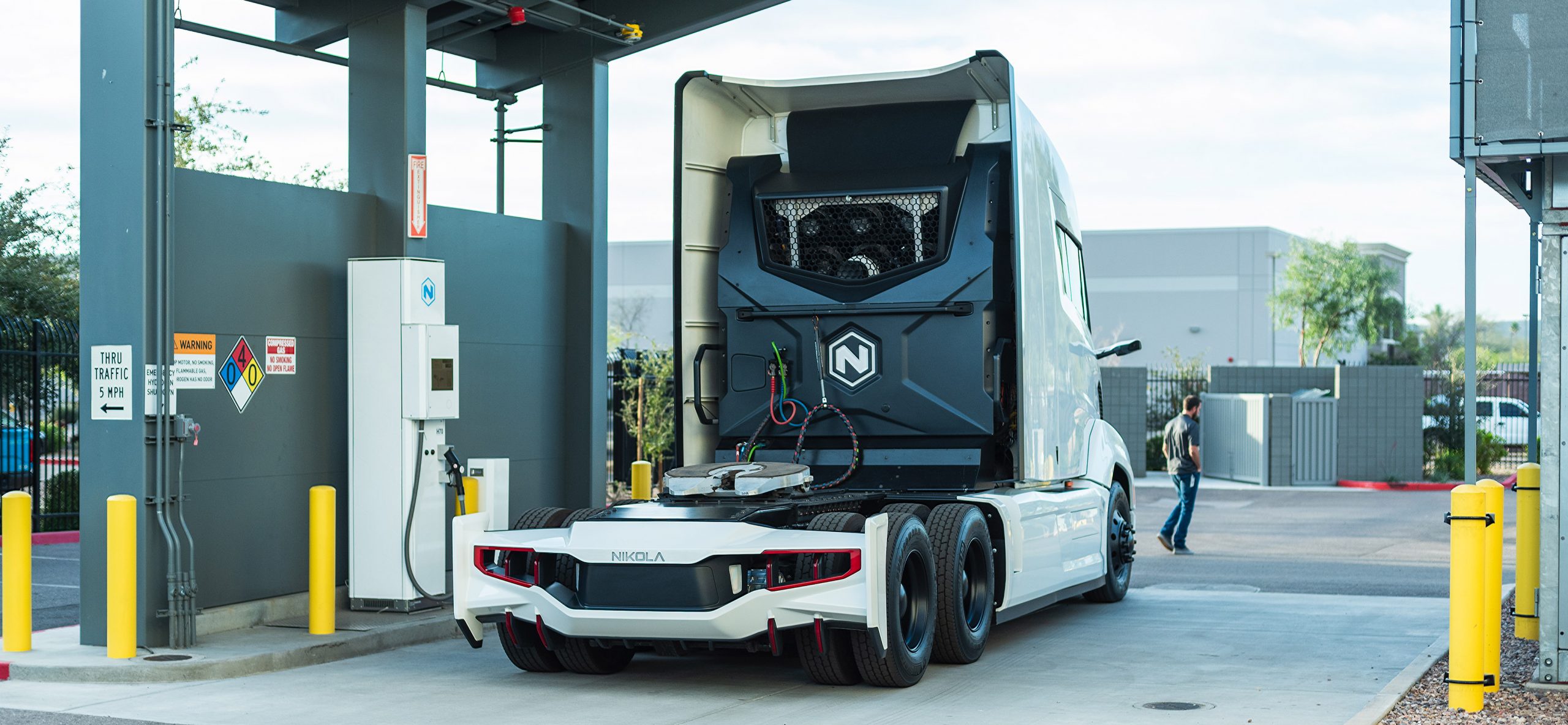Nikola to build fuel-cell stations

Nikola To Build Fuel-Cell Stations – Nikola Corp. will partner with TravelCenters of America to build two hydrogen fueling stations for fuel cell trucks in California. …2nd hydrogen infrastructure deal in a week.
Nikola Corp. will partner with TravelCenters of America to build two hydrogen fueling stations for fuel cell trucks in California. It is Nikola’s second hydrogen infrastructure deal in a week.
During the drama last fall surrounding founder and former Executive Chairman Trevor Milton and allegations of false claims about Nikola’s business, hydrogen partnerships expected by the end of the year were delayed.
Mark Russell, chief executive, said recently that Nikola was prepared to go it alone in building hydrogen stations if necessary.
“Mark, I think, was expressing a lot of confidence in his team, which I appreciate,” said Pablo Koziner, Nikola’s president of energy. “But that’s not our preference. We are a company of partnerships.’’

Nikola To Build Fuel-Cell Stations – Nikola and TA will collaborate to install public hydrogen fueling stations for heavy-duty trucks at two existing TA-Petro sites in and around greater Los Angeles and north through California’s Central Valley. Opening 2023
Enjoying our insights?
Subscribe to our newsletter to keep up with the latest industry trends and developments.
Stay InformedExploring a network
The latest move in that direction is a collaboration with TA, the largest publicly traded operator and franchisor of full-service travel centers in the United States. It has 270 locations in 44 states and Canada.
As a first step in exploring mutual development of a hydrogen station network, Nikola and TA will collaborate to install public hydrogen fueling stations for heavy-duty trucks at two existing TA-Petro sites in and around greater Los Angeles and north through California’s Central Valley. The stations would target opening in the first quarter of 2023.
It is not a done deal. Nikola has seen several planned collaborations fall apart — notably a tie-up with General Motors which the automaker would have taken an 11-percent stake in the company.
Nikola has long talked about a network of 700 hydrogen stations in the U.S. and Canada to support its Class 8 fuel cell electric trucks scheduled for production in 2023.
“Our collaboration in SoCal will form a basis for building an expanded network of hydrogen fueling stations for Nikola vehicle customers and for industry use overall,” said Pablo Koziner, Nikola’s President of Energy
“Our collaboration in Southern California will form a basis for building an expanded network of hydrogen fueling stations for Nikola vehicle customers and for industry use overall,” Koziner said. “This collaboration forms an essential part in delivering the hydrogen-based ecosystem required to advance zero-emission solutions for commercial trucks.”
Cutting other deals
Nikola recently cut a deal with an Arizona utility to buy discounted electricity it would use to make hydrogen by splitting hydrogen and oxygen molecules — an electricity-intensive process. Nikola expects its first public hydrogen station to be open by the end of the year.

Nikola To Build Fuel-Cell Stations – Nikola recently cut a deal with an Arizona utility to buy discounted electricity… Nikola expects its first public hydrogen station to be open by the end of the year.
Russell describes the buildout of the hydrogen station network in station pairs along repeatable routes that fleets travel. Nikola’s business plan is to lease a fuel cell truck, along with maintenance and fuel, to a customer for seven years.
The interest in hydrogen as a long-haul trucking fuel is gaining momentum as one of several zero-emission technologies to reduce planet-warming greenhouse gas emissions.
Last week, Nikola said it would collaborate with its European manufacturing joint venture partner IVCCO and German transmission system operator OGE to distribute hydrogen via a 745-mile network of natural gas pipelines in Europe.






















